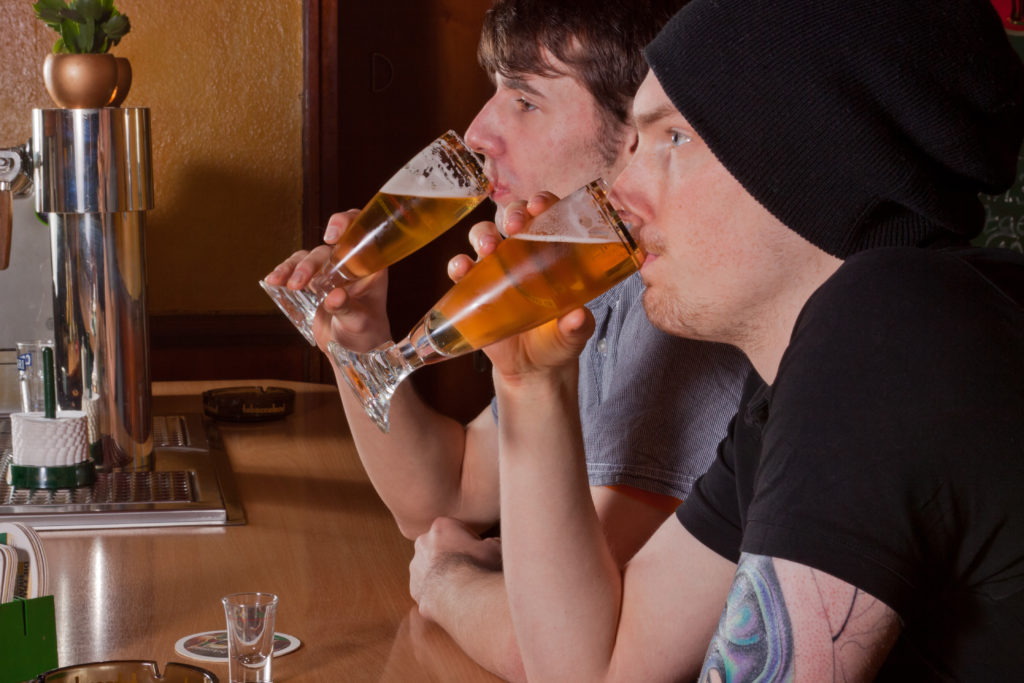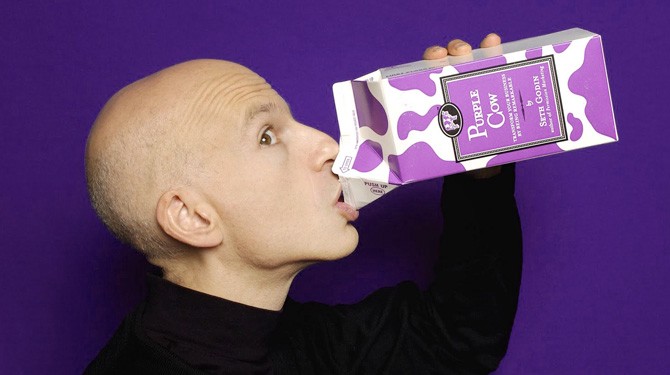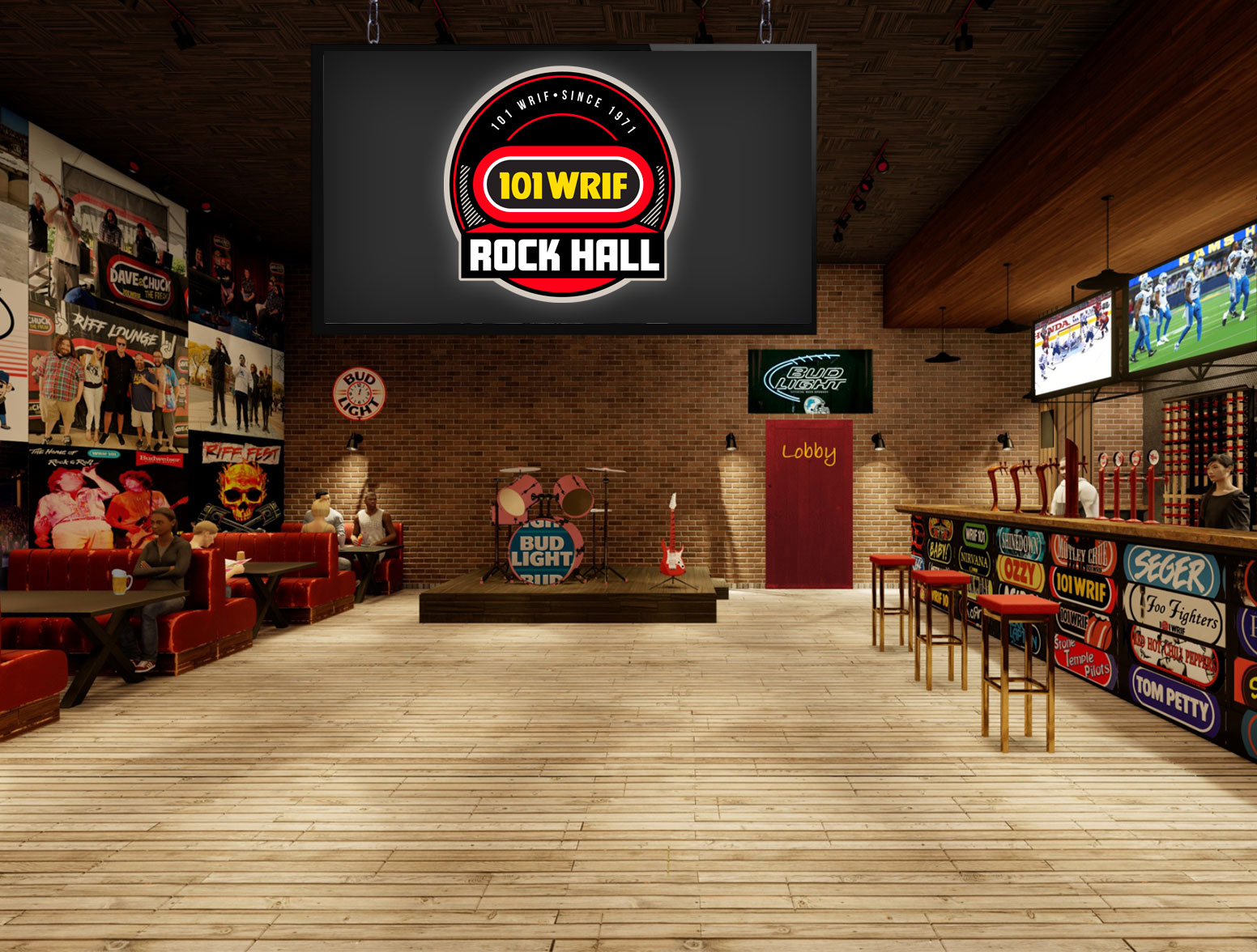Pee Wee Herman, Live Day and the rebirth of radio
Believe it or not, the radio is still kickin’ folks. Keep reading to learn the in’s and outs and strategies of radio, and how it’s still going strong since the birth of digital streaming.
A guest post by Fred Jacobs of Jacob’s Media Strategies.
As you can imagine, we hear a lot of radio at Jacobs Media. Some of it is really disappointing and even disheartening, because you know the station is capable of sounding better.
Most of it is of a certain sameness – like you’ve heard it before. The vast majority of stations all over the country are good – but they’re not great. They deliver a consistently, dependable product. On same days, it can be very, very good. On most days, it’s competent. And for a long time, good enough has been….frankly, good enough.
But in an increasingly crowded field where audio abounds, all content creators are being held to a higher standard. That’s the case whether we’re talking about streaming and satellite radio, podcasts, or even social platforms like Clubhouse. Expectations have been ratchetted up, thanks in no small part to increased choice.
When you heard “Serial,” you started wondering why all podcasts couldn’t be so compelling. Similarly with those great morning and personality shows you grew up with – or you listen to today.

One of the things great audio – and specifically – great radio does is pass what I call the “Two guys sitting in a bar test.” I came up with that test four years in a blog post that asked why every new radio format always seemed to sound like an existing radio format. The test was a simple one. Was your radio station doing something amazing enough that one guy would turn to the other while sipping a lager and say to the other, “Did you hear what W_ _ _ is doing?”
I remember in the early days of Classic Rock when we’d sign on a new station in a new market with standard AOR – Album Oriented Rock – stations. And the GM would wheel me into the conference room to explain the new format to the account reps.
I would dutifully talk about the music, the format history and architecture, and the “why” of Classic Rock in crowded radio markets. But inevitably, even with all my graphic support and pretty charts, one of the salespeople would ask:

“But who does it sound like?”
In other words, what existing radio stations could I point to doing something very similar that was successful. And my response was this:
“It doesn’t sound like anything you’ve ever heard before.”
That was the point. But nonetheless, many walked away frustrated by the uniqueness of a new format that didn’t resemble WMMS, KLOS, or WBCN.

That standard isn’t just “in play” today. It should be something programmers aspire to achieve. A new format with staying power is a true “purple cow,” a phrase Seth Godin coined. In fact, he wrote a book about it.
But it is possible to pull off that element of surprise – what I have referred to as “the Wow Factor” on existing stations – even ones that have been around for decades and decades.
If you’ve been reading the industry trade publications, you’ve seen them, too. In fact, you may have even been a unknowing contestant in your own “TGSIABT” if you’ve mentioned either of these truly “oh wow” moments to others.
The first occurred at public radio’s KCRW – a uniquely formatted mashup of NPR news and information, mixed in with an eclectic music format. I’m sure I’m not doing it justice, but KCRW sounds very much unlike most public radio stations you’ve heard before. (That’s the point, right?)
Licensed to Santa Monica, KCRW has been around since the 1940s, and is a charter member of NPR. When your call letters stand for “College Radio Workshop,” and your slogan is “For The Curious,” you’d better be able to pass the “TGSIABT” now and again.
Earlier this week, KCRW passed with flying colors when it announced the debut – it could be a “one time only” – of “The Pee-Wee Herman Radio Hour.” In fact, some guy named Paul Ruebens announced it on Twitter:
And with that tweet, the news was out.
Pee-Wee Herman – a.k.a. Paul Reubens – is an enigma. There is a core, cult fan base for CBS-TV’s amazing “Pee-Wee’s Playhouse” that aired from 1986-90 that reached the prime demographic KCRW is now chasing. His run-in with the law in an adult theater in Sarasota exactly 30 years ago changed the trajectory of Rueben’s career, as it added to his cult status.
Whether the show turns out to be a regular Friday night feature on KCRW or a nice try, the station has already achieved part of its goal – and then some:
BUZZ
The return of Pee-Wee Herman – oddly enough to the L.A. radio airwaves – ought to capture the attention of a lot of content creators in and around Hollywood. And around the country. What does Pee-Wee sound like in 2021? Will it translate to the radio? And isn’t it great that we’re going to have to tune in to find out?
(It would be great BTW to see this news on KCRW’s website and more prominently on its social media pages.)
Then there’s the news that came out of the Motor City at my alma mater, WRIF. The Beasley-owned and operated station is celebrating its golden anniversary this year. Programmer Scott Jameson arrived in Detroit in the early months of COVID last year, determined to make a mark on a station that has accomplished it all over the decades.
His dream – to create “The RIFF Rock Hall” – a virtual tribute to the station, the music, the city, and all it has touched over the years. It’s a virtual experience, loaded with content, entertainment, music, and the hallmarks that made the station and Detroit rock n’ roll famous. An email address will get you admission. No mask required.

Now known as the curator of the WRIF Rock Hall, Scott told me this project is the “most exciting he’s ever been involved with as a programmer.” And that includes some impressive call letters, including KY102, WFBQ, and of course, KQRS. “Gathering assets from an iconic Detroit brand and then building a shrine that pays homage to the fans and and bands that personify the Motor City is pretty damn cool.”
Indeed it is.

Next week, Scott and WRIF marketing guru, Ken Wasilewski will be your docent – your tour guides – as Radio Ink presents a Facebook Live tour of the newest Motor City attraction (info below). CEO Caroline Beasley green-lighted this project last year, a journey into what she refers to as Radio 4.0. The RIFF Rock Hall was ideated and created in partnership with Quu and Interactive Life.
I’m thinking that there will be a lot of those familiar bar scenes – those “oh wow” moments in and around “The 313” over the next many weeks and months, as Detroiters visit the RIFF Rock Hall.

And because all good things seem to happen in “3s,”I would be remiss if I didn’t mention KISW’s “Live Day.”
It took place yesterday – and was actually LIVE from the Snoqualmie Casino. We’ve highlighted this insane event before – it’s where every on-air moment is actually performed live – the music, the commercials, the station imaging.
Kudos to Dave Richards, Ryan Castle, and their amazing team of mutants, miscreants, and musicians for pulling off this year’s extravaganza, “Solid Gold 70’s.” Hopefully, they’re all sleeping in today.
Our “two guys” better order another beer. This week in U.S. radio, there was a LOT to talk about.
At a time when so few radio stations are amazing and astounding us, it is great to tell you about three of those “TBSIABT” moments.
You can join Radio Ink’s Facebook Live tour of the “RIFF Rock Hall,” featuring docents Scott Jameson and Ken Wasilewski. It’s Wednesday, November 24th at 11am ET. Click here.
President & Founder at Jacobs Media Fred Jacobs founded Jacobs Media in 1983, and quickly became known for the creation of the Classic Rock radio format. Jacobs Media has consistently walked the walk in the digital space, providing insights and guidance through its well-read national Techsurveys. In 2008, jacapps was launched – a mobile apps company that has designed and built more than 1,300 apps for both the Apple and Android platforms. In 2013, the DASH Conference was created – a mashup of radio and automotive, designed to foster better understanding of the “connected car” and its impact. Along with providing the creative and intellectual direction for the company, Fred consults many of Jacobs Media’s commercial and public radio clients, in addition to media brands looking to thrive in the rapidly changing tech environment. Fred was inducted into the Radio Hall of Fame in 2018.